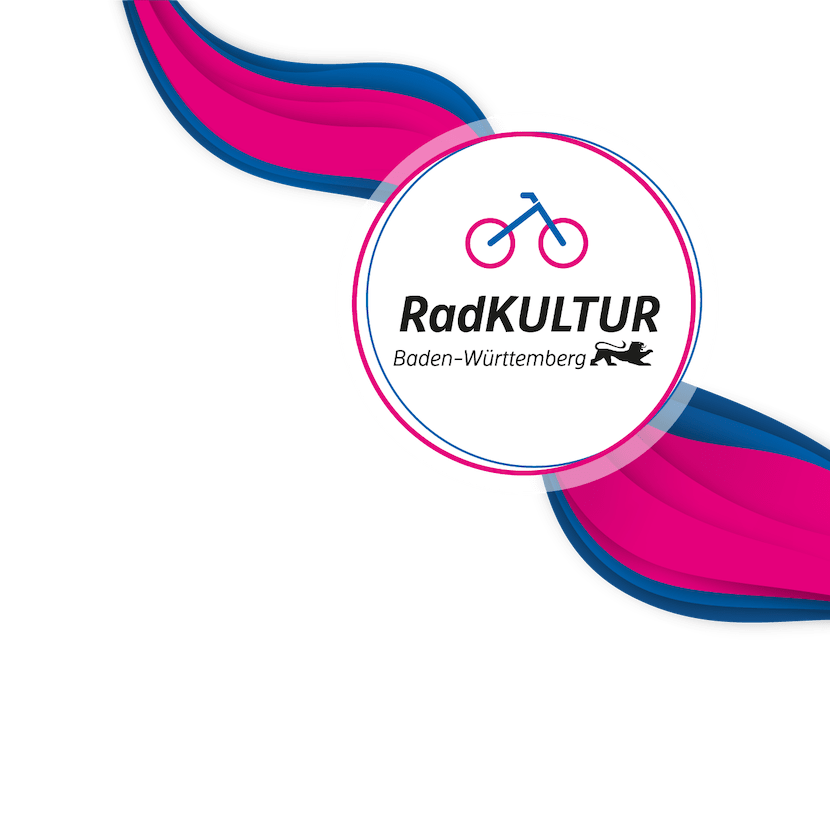Mit rund 600.000 Euro unterstützt das Land in diesem Jahr 14 Kommunen dabei, die Menschen für das Radfahren zu begeistern
Die Förderkommunen können sich auf ein abwechslungsreiches Fahrradjahr freuen: Kommunale Lastenräder, Mitmachaktionen wie die RadSchnitzeljagd, Aktionstage, STADTRADELN, RadService-Punkte und neue Mobilitätsideen vor Ort ermutigen die Bürgerinnen und Bürger, das Auto stehen zu lassen und stattdessen auf das Fahrrad umzusteigen. Die ausgewählten Kommunen führen in enger Zusammenarbeit mit der Landesinitiative jeweils individuell abgestimmte Aktionen durch, die das Fahrrad als Alltagsfahrzeug in das Bewusstsein der Menschen rücken sollen









